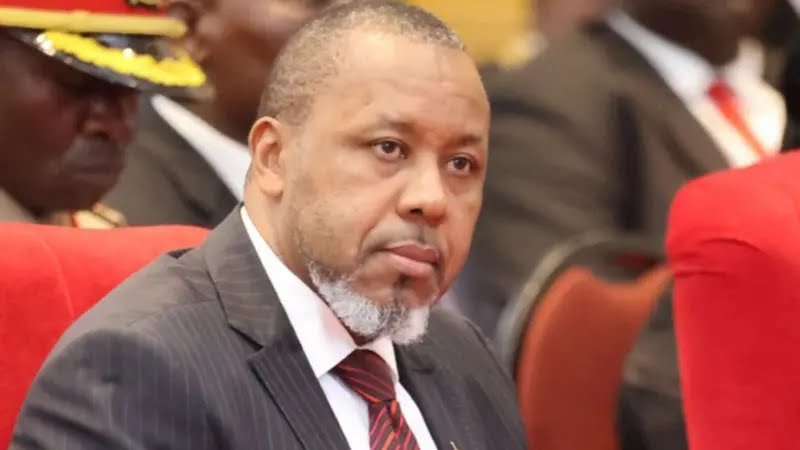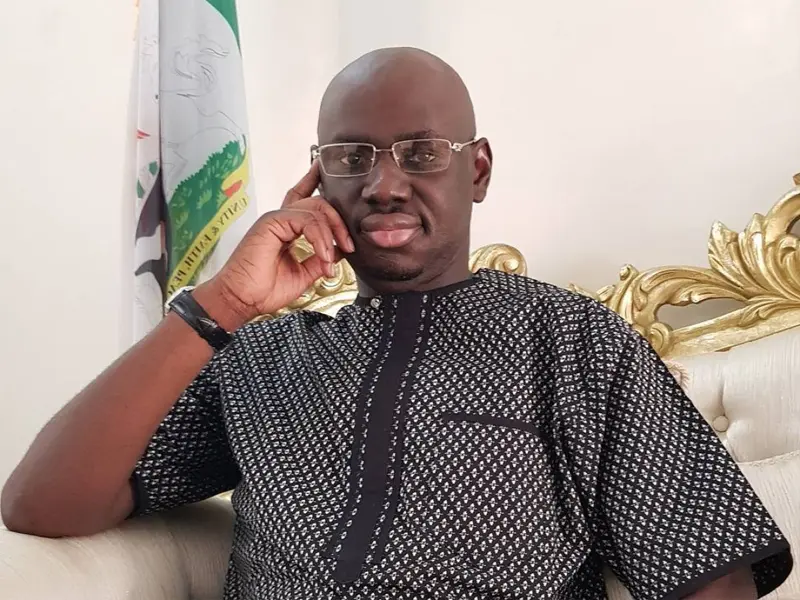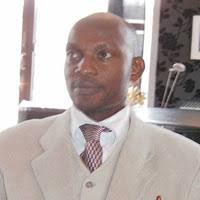The Malawi President Lazarus Chakwera has confirmed on Tuesday that there were no survivors in the crashed plane that was cenveing Vice President Saulos Chilima and nine others.
President Chekwera had declared that the plane has been found as he expressed deep saddeness and sorrow.
“It has turned out to be a terrible tragedy,” he said, in a televised address.
The crash occurred weeks after Iranian President Ebrahim Raisi died in a helicopter crash.
Malawi searchers found the wreckage of the plane that was carrying Chilima on Tuesday, a day after the aircraft went missing in bad weather.
The military plane carrying Chilima, 51, and nine others disappeared on Monday after it failed to land in the northern city of Mzuzu due to poor visibility and was told to return to the capital, Lilongwe.
Photographs shared with AFP by a member of the military rescue team showed army personnel standing on a foggy slope near debris bearing the registration number of the Malawi Army Air Wing Dornier 228-202K aircraft.
Rescuers had been combing a fog-cloaked forest south of Mzuzu on Tuesday, after authorities located the last tower it transmitted to before the plane disappeared.
Earlier, Army Commander General Paul Valentino Phiri said other countries, including Malawi’s neighbours, had been aiding the search effort, with support including helicopters and drones.
The group departed just after 9:00 am (0700 GMT) from Lilongwe on Monday to attend the funeral of a former cabinet minister some 370 kilometres (230 miles) away in Mzuzu.
Malawi’s former first lady Shanil Dzimbiri was also on board
Malawi president confirms death of his vice in Plane Crash




